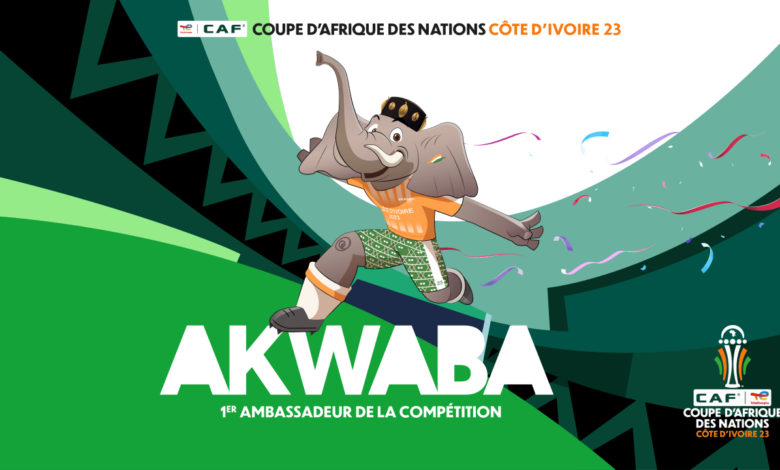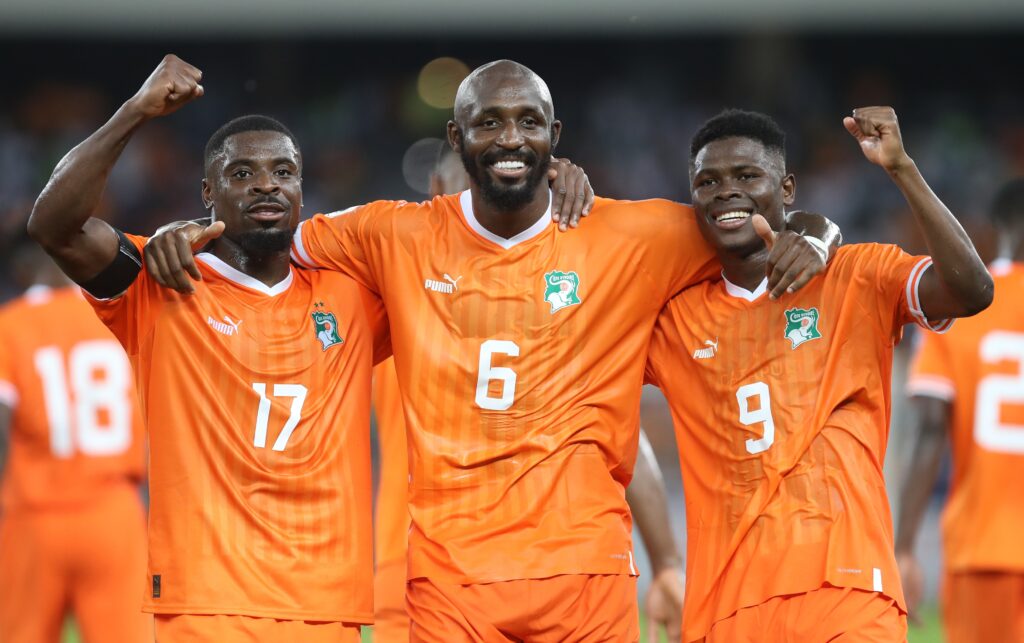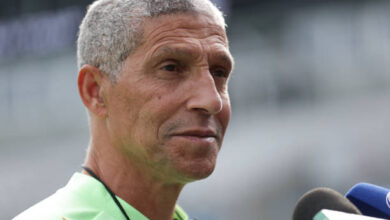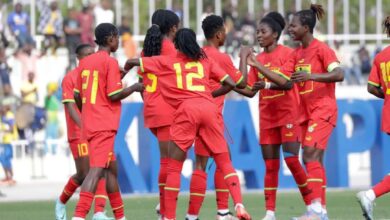All set for the 34th edition of the African Cup of Nations as hosts Cote d’Ivoire says ‘Akwaba’ to the soccer world!

The West African country of Cote d’Ivoire is ready to host the rest of Africa for the second time in its history as the 2023 African Cup of Nations (AFCON) commences this weekend.
The last time the Ivorians hosted this competition was in 1984. So, this edition means a lot to them after committing resources in five cities and six stadiums to host this tournament.
It also means a lot to the Confederation of African Football (CAF) and the rest of Africa. The continent’s flagship soccer tournament was originally scheduled for Summer 2023, but authorities decided to host the tournament this year due to weather issues.
Below are some useful, intriguing information about the Cote d’ Ivoire 2023 African Cup of Nations:
‘AKWABA’
The Organizing Committee (COCAN’), in collaboration with the Government of Côte d’Ivoire and the Confederation of African Football (CAF), is saying ‘AKWABA’ to the fans of African football jamboree.
‘AKWABA’ is the name of the official Mascot of the tournament. It literally means ‘welcome’ which symbolizes the hospitality, friendship, generosity, and team spirit of the tournament.
According to the organizers, the Mascot offers an authentic experience of Ivorian hospitality that connects with fans, players, and nations, and celebrates the spirit of teamwork by promoting cooperation, mutual respect, and fair play.
“Akwaba” – The Official Song:
The official song of the tournament is also dubbed “Akwaba”. Nigerian artist Yemi Alade, Egyptian rapper Mohamed Ramadan, and popular Ivorian band Magic System composed this song that blends afrobeat, rap, and zouglou to give soccer fans with different backgrounds a real treat in the West African country.
“Pokou” – The Official Match Ball:
The official match ball for the tournament is christened “Pokou”. It was named after the late Ivorian football legend, Laurent Pokou, renowned for his historic achievement of scoring five goals in the 6-1 victory over Ethiopia during the 1970 tournament.
Abidjan
Abidjan is the economic capital of Côte d’Ivoire and nicknamed “La Perle des Lagunes” which means “The Pearl of the Lagoons.”
Abidjan boasts of close to six million inhabitants and houses headquarters and regional offices of several major international institutions such as UNICEF, UNDP, IMF, World Bank, and FIBA-Africa (Basketball).
There are several luxurious hotels in Abidjan to meet the hospitality needs of all soccer fans.
Bouaké
Bouake, which hosted the 1984 Africa Cup of Nations, is located in the center of the country and is 350 km from the economic capital of Abidjan.
Bouake is the second-largest city in the country and the third-largest in economic terms with a population of over 600,000.
Korhogo
Korhogo is located approximately 207 km from Mali and 242 km from Burkina Faso. The city has a population of around 300,000.
As the capital of the Savanes region, Korhogo got its name from a local tradition of the Sénoufo ethnic group, known as “Pôrô.”
San Pedro
A seaside tourist town, San Pedro is in the southwest of Côte d’Ivoire. It is 350 km from Abidjan and has a population of 265,000 people.
San Pedro is noted for its cosmopolitan vibe and can also boast of the second-largest port in the country and the largest cocoa export port in the world.
Yamoussoukro
The birthplace of the first president of the Republic, Félix Houphouët-Boigny, is the political and administrative capital of Côte d’Ivoire.
Yamoussoukro attracts a lot of tourists and is also noted for its hospitality and educational infrastructure. Some remarkable landmarks in the city include the Félix Houphouët-Boigny Foundation for Peace Research, the Lake of the Caimans, and world-class Golf facilities.
It is located 240 km north of Abidjan and has a population of over 260,000.
Stadiums:
The Olympic Stadium of Ebimpe is located in Abidjan. The 60,000-seating capacity multi-purpose stadium was built between 2016 and 2020.
The Felix Houphouet-Boigny Stadium, also based in Abidjan, was built in 1952 and was renovated between 2021 and 2023. The 29,000-seating capacity stadium is named after the founder of Cote D’Ivoire and the nation’s first Head of State, President Felix Houphouet-Boigny.
The Peace Stadium is in the city of Bouake, which is the largest second city in the country. It has a seating capacity of 40,000. The stadium was built in 1983 and was renovated between 2019 and 2023.
As the name suggests, the Stadium of Korhogo is in the northern city of Korhogo. It was built between 2019 and 2023 with a seating capacity of 20,000.
The Laurent Pokou Stadium in San Pedro is named after one of Cote d’Ivoire’s iconic soccer players. It has a seating capacity of 20,000 and was built between 2019 and 2023.
The Charles Konan Banny Stadium is located in the nation’s capital Yamoussoukro. The 20,000-seating capacity multi-purpose stadium was built between 2019 and 2021.
Global television coverage:
The Confederation of African Football (CAF) says they have concluded global broadcast agreements with TV-Broadcasting Rights Holders from Africa, Europe, Asia, South America, North America, and the Caribbean to ensure that Africa’s beautiful gave is showcased in the whole world.
Among the global TV-Broadcast partners are Sky (United Kingdom), BBC (United Kingdom), LaLiga+ (Spain), SportItalia (Italy), Sport Digital (Germany & Switzerland), SportTV (Portugal), Viaplay (Nordics) and Band TV (Brazil).
CAF is expecting this year’s tournament to be broadcast in over 180 countries as beIN Sport, CANAL+, New World TV, and approximately 45 Free to Air broadcasters have also concluded partnership agreements.





